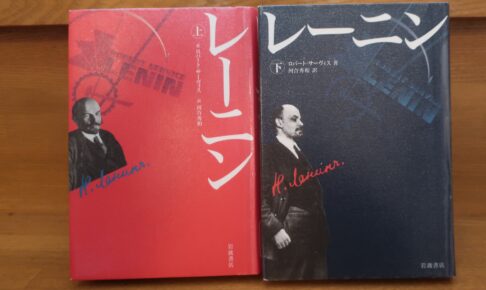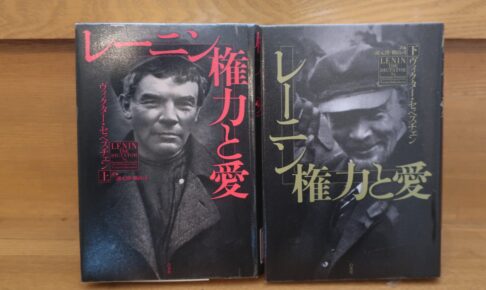Why Lenin Liked Turgenev - Turgenev in Lenin's Biography
How Lenin viewed literature is a very interesting question. A leader's preferences affect the culture of his country. This is because his policies dictated "what is good," and new literature would be created or past cultures would be interpreted accordingly.
Knowing how Dostoevsky and his great literary contemporaries were received in the Soviet era gives us a glimpse into the context in which the image of Dostoevsky written in the Soviet era was created. This is a very interesting part of learning about Dostoevsky.








































